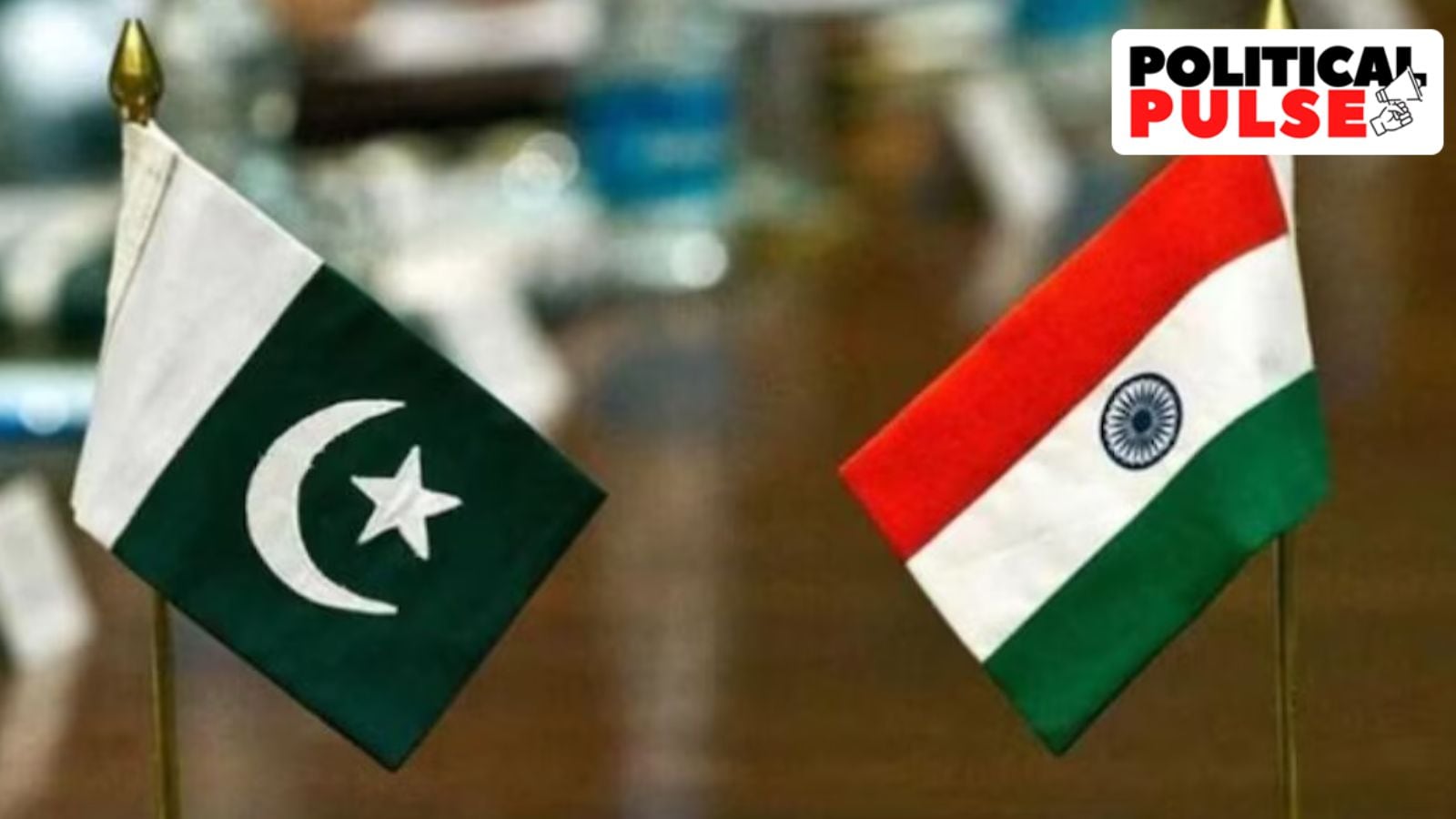Pakistan suspends Simla Agreement: What is the pact Indira Gandhi, Zulfikar Ali Bhutto signed in 1972?
The agreement signed in the wake of the 1971 war, which Pakistan lost, ought to “put an end to conflict and confrontation”, with Delhi and Islamabad vowing not to “alter the LoC unilaterally, irrespective of mutual differences and legal interpretations”
 On July 2, 1972, PM Indira Gandhi and President Bhutto signed the Simla Agreement.
On July 2, 1972, PM Indira Gandhi and President Bhutto signed the Simla Agreement. A day after India took a series of steps against Pakistan in response to the terror attack in Pahalgam, the neighbouring country Thursday said it “shall exercise the right to hold all bilateral agreements with India, including but not limited to Simla Agreement, in abeyance”.
The agreement was signed by Indian Prime Minister Indira Gandhi and Pakistani President Zulfikar Ali Bhutto after the 1971 war, and was considered a significant breakthrough.
The 1971 War
Tensions between East and West Pakistan had been simmering since 1947, and by early 1971, the country stood at the cusp of civil war.
On March 25, the Pakistan Army launched Operation Searchlight, with the aim to crush all political opposition in the East. This violence, however, only spurred nationalist sentiment in the region, with civilians and military men fighting the Pakistan Army.
Amidst this emerged the Mukti Bahini, a guerrilla fighting force, against the Pakistan government. As the crisis in East Pakistan led to a burgeoning refugee problem in West Bengal and Assam on the Indian side, the Indira Gandhi government decided to support the resistance movement by arming and training the Mukti Bahini, apart from conducting various limited operations.
The India-Pakistan War of 1971 officially began on December 3, when Pakistan ordered pre-emptive air strikes on eight Indian airfields. That evening, Prime Minister Indira Gandhi announced that the airstrikes were “a declaration of war against India”.
On the ground, the Indian Army adopted a three-pronged assault, while simultaneously holding off Pakistani attacks in the West, and making territorial gains of its own.
On December 16, the Indian Army surrounding Dhaka. With zero hopes of a victory, the Pakistan Army accepted the ultimatum to surrender.
The Simla Agreement
A year later, on July 2, 1972, PM Indira Gandhi and President Bhutto signed the Simla Agreement. An official copy of the agreement published by the Ministry of External Affairs says it sought to reverse the consequences of the 1971 War.
The agreement “was a comprehensive blueprint for good neighbourly relations between India and Pakistan”, with both countries undertaking “to abjure conflict and confrontation which had marred relations in the past, and to work towards the establishment of durable peace, friendship and cooperation”.
“The principles and purposes of the Charter of the United Nations shall govern the relations between the two countries”, the agreement said, referring to the founding document of the United Nations.
“Pending the final settlement of any of the problems between the two countries, neither side shall unilaterally alter the situation and both shall prevent… any acts detrimental to the maintenance of peaceful and harmonious relations,” the agreement added.
The countries vowed to withdraw their troops to their side of the border, and to “respect each other’s national unity, territorial integrity, political independence and sovereign equality”. They also pledged to take steps for resuming “communications, postal, telegraphic, sea, land including border posts, and air links including overflights”.
The Line of Control in Jammu and Kashmir resulting from the ceasefire of December 17, 1971, would “be respected by both sides without prejudice to the recognized position of either side”, the two countries said. “Neither side shall seek to alter it unilaterally, irrespective of mutual differences and legal interpretations.”
- 01
- 02
- 03
- 04
- 05































